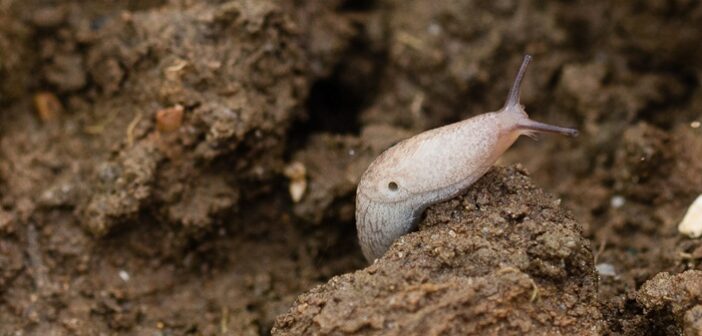With more unsettled weather forecast across the UK following recent rain, slug activity is expected to rise, posing a serious threat to newly planted wheat crops.
The hot and dry summer was bad news for slugs, causing adults to retreat down the soil profile and reducing any chances of the pest reproducing before autumn.
However, Certis Belchim technical manager Beth Jones-Davies warns that they never completely disappear and, given recent favourable conditions, could now bounce back quickly. “With the weather turning wetter, it’s important to stay ahead of slug pressure and protect crops when they’re at their most vulnerable stage,” says Beth.
Monitor high-risk fields
Extra vigilance is required on heavier soil types, where wheat is following oilseed rape, or in trashy and cloddy seedbeds, which are typically highest risk. “Monitoring is key. Use traps, check stubbles or seed-beds, and volunteers, and if you see signs of activity, act quickly.
“A well-consolidated seed-bed helps reduce risk so rolling straight after drilling is advisable, but where pressure is high, an early pellet application is essential.”
Beth recommends premium, standard sized pellet Sluxx HP, a ferric phosphate-based bait that offers consistent performance and durability in wet conditions.
“Sluxx HP is well-formulated, uniform, and stays effective even in wet weather; something that’s crucial as we head into the latter part of the drilling window.
“It also contains a unique EDDS chelating agent that enhances its performance and is less prone to leaching, giving it the upper hand in challenging conditions,” explains Beth.
She reminds growers to ensure applicators are set up correctly. “There are tools to help, such as the Calibration Wizard, which can be found by scanning the QR code on Sluxx HP packs.
“The information it provides will result in pellets being applied evenly at the right rate and speed, and it’s this attention to detail that ensures you get the most from every application.”




